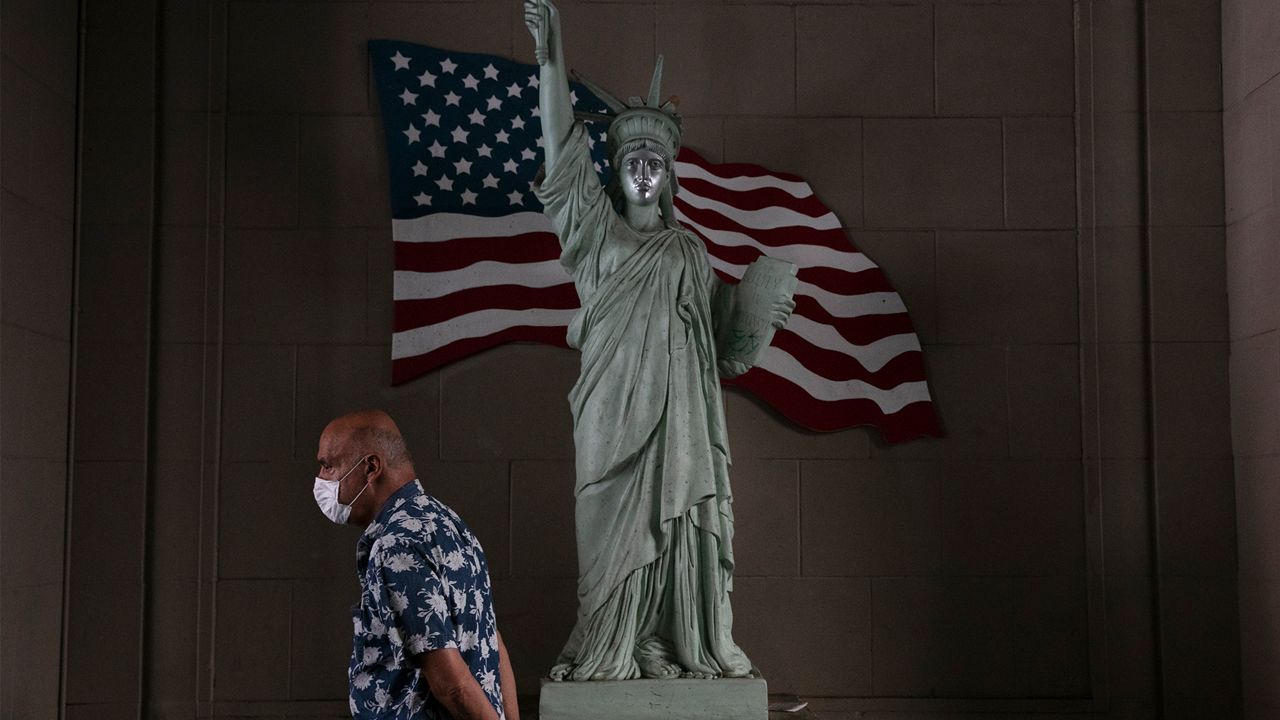Though the ultimate impacts of the COVID-19 pandemic have cooled down quite a bit since its initial outbreak nearly three years ago now, cases are still on the rise.
These numbers growing along with the flu and respiratory syncytial virus or RSV, in what some public health officials are calling a "tridemic.” However, U.S. health officials are now warning of a new class of omicron sub-variants.
A new COVID-19 variant, XBB.1.5, is said to spread quickly, and seems to evade immunity from prior infections as well as the vaccine.
It was first detected in India in August and has since spread to 17 countries, including the U.S.
As many have caught the virus at one time or another at this point, that means a good portion of the population could potentially see the symptoms of long COVID.
According to Albany Medical Center physicians, patients' symptoms may last months or years, there is no timeframe for how long they will last.
An Albany Medical patient who is undergoing treatment for long COVID explained how he is managing the condition.
"Do I have long-term effects? Yes, I do," Eric Trites said. "OK. I get tired in the afternoons. I can lose my breath, you know, walking up a hill, but not the heat. Not like it was OK. I can do things that I never thought I was going to be able to do again. But here I am."
At one point he thought the end was near, but the nurses coached him through his time in the ICU.
"My question to myself is how the hell did this happen?" Trites said. "You know what? What did I do to deserve this?"






